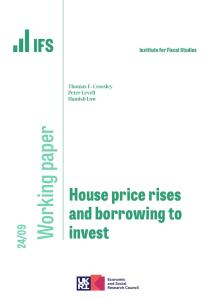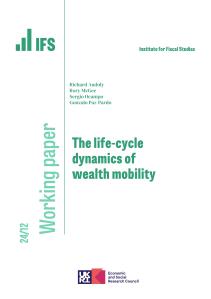In this paper, we describe the household wealth distribution in the United States and United Kingdom over the past two decades, and compare both wealth inequality and the form in which wealth is held. Unconditionally, there are large differences in financial wealth between the two countries at the top fifth of the wealth distribution. Even after controlling for age and income differences between the two countries, we show that the median U.S. household accumulates more financial wealth than their United Kingdom counterpart does. We explore a number of alternative reasons for these differences and reject some explanations as implausible. Some of the observed differences are due to what we refer to as "initial conditions," in particular previously high rates of corporate equity ownership in the U.S. and housing ownership among young British households. This only provides a partial explanation, however. Among other explanations are differences in the annuitization of retirement incomes and in the amount of wealth held in the form of housing equity. In the first case, forced and voluntary annuitization in the United Kingdom mean older households face considerably less longevity risk. In the second, higher house price volatility in the United Kingdom can create an incentive, as shown Banks, Blundell, and Smith (2002), away from stock market equity earlier in the life cycle. (Contains 36 footnotes, 13 tables and 8 figures.)










